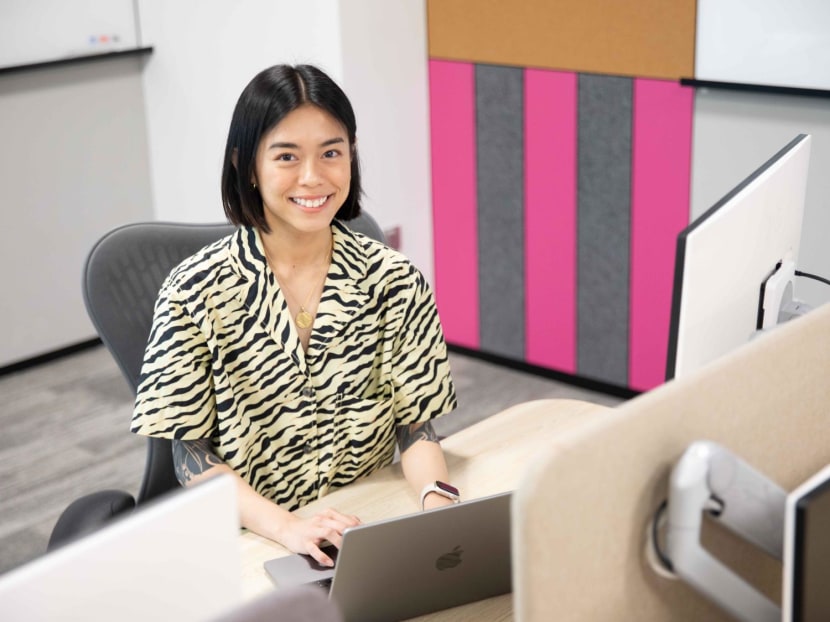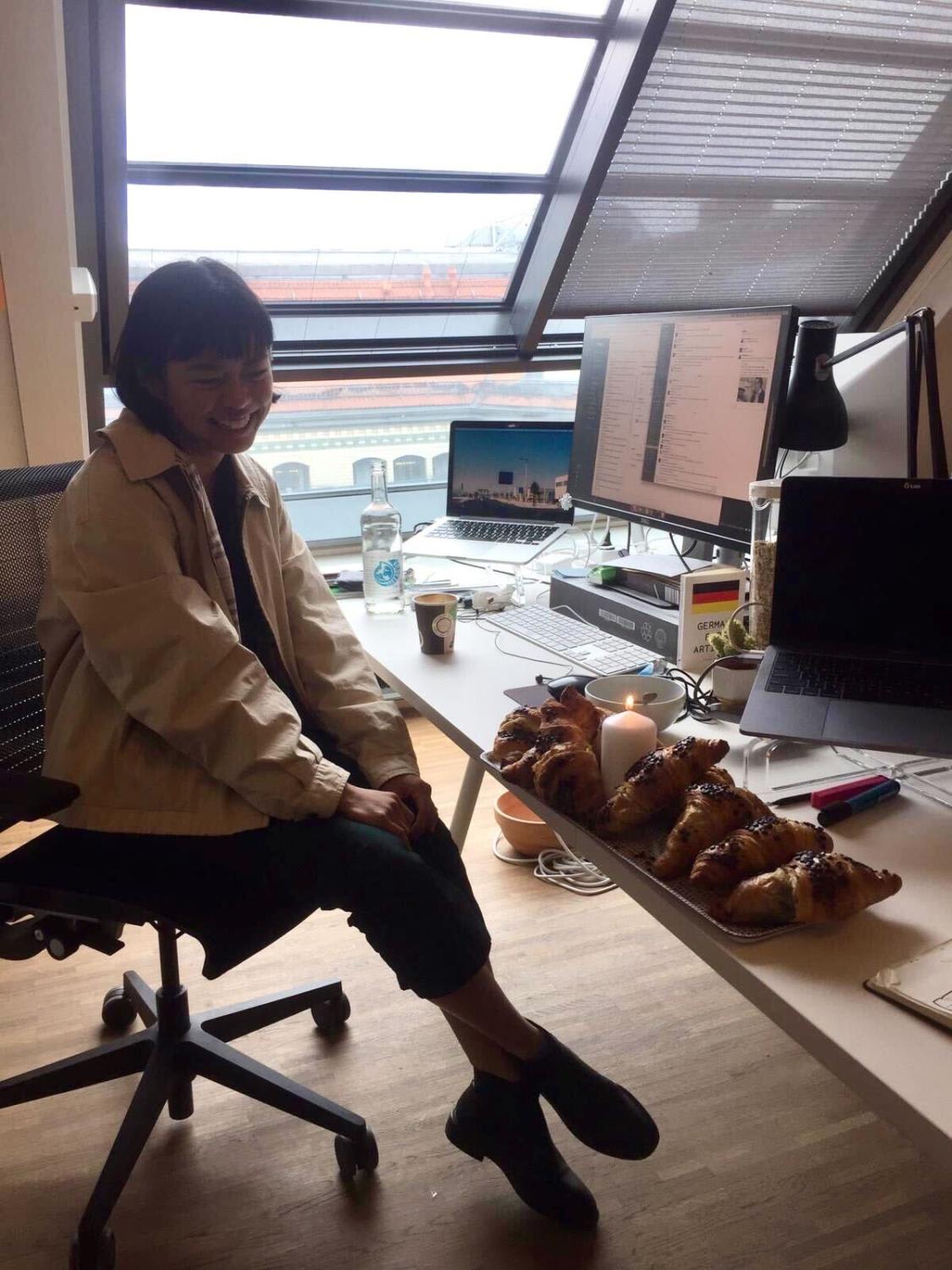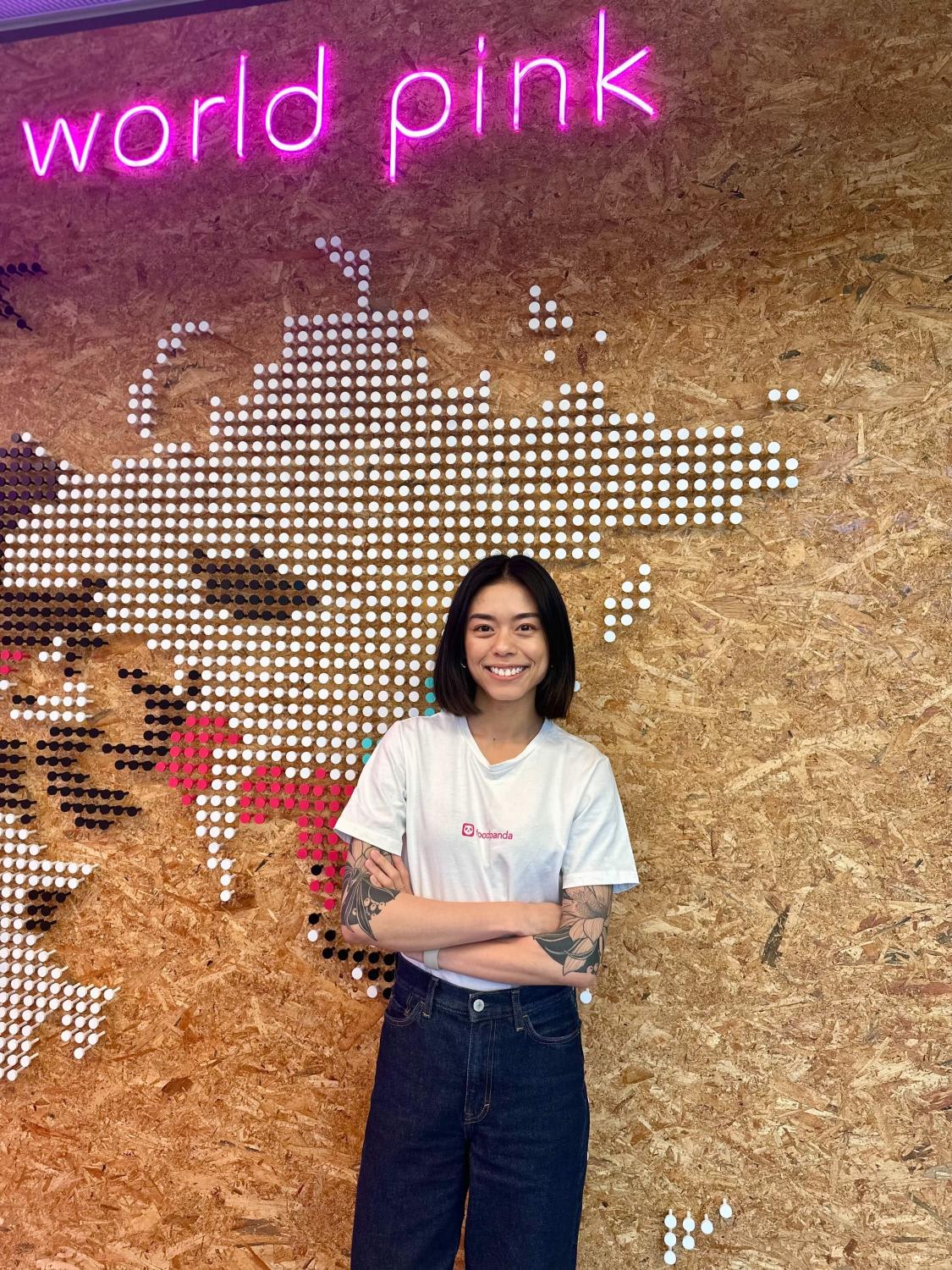Gen Y Speaks: As a former film student, I felt like a fraud in my coding career. Here’s how I overcame imposter syndrome
I stumbled into the world of software engineering almost by accident.

Avery Lim's journey as a software engineer started out smoothly — but the further she progressed, the more the shadows of imposter syndrome began to creep in.

This audio is AI-generated.
I stumbled into the world of software engineering almost by accident.
As a film student at Ngee Ann Polytechnic, my days were filled with storytelling and capturing emotions through the lens. It was during my last year that I caught a glimpse of a different kind of narrative — the language of code.
I’ve always been interested in creative pursuits, but being a perfectionist by nature, coding captured my attention for how its creative potential is carefully balanced with technical rules — totally on the opposite end of the spectrum from film, which I always found to be more subjective.
Intrigued, I delved into online courses on edx, Coursera and more, bright-eyed and eager to explore this new frontier.
As graduation crept closer and the rest of my peers decided on their post-education paths, I decided to take a leap of faith and transition into web engineering so that I could still retain some of my creative roots.
I was excited to venture into uncharted territory, but doubts lingered. How could a film student navigate the intricate world of coding without a traditional computer science foundation?
UNFAMILIAR WITH UNCERTAINTY
Thankfully, my first employer took a chance on my potential, allowing me to pursue passion projects (such as a colour picker tool and other games) as well as a handful of short internships and more. It felt great to be given this kind of space and encouragement while I was still in the process of picking up coding.
And so, my journey as a software engineer started out smoothly — but the further I progressed, the more the shadows of imposter syndrome began to creep in.
The lack of a conventional computer science background that once helped me to stand out from the crowd now became a source of self-doubt.
Every challenge and every problem felt like a test of my legitimacy. Each hurdle seemed to be a reminder that perhaps, with the proper basics and fundamentals, I would have been able to overcome them more quickly and easily.
These feelings grew stronger when I changed companies, mere weeks before Covid-19 hit.
During the pandemic, it took me a long time to be onboarded to the new company, and being suspended in an extended limbo made me feel even more uncertain. The remote work setting also made seeking guidance more challenging.
Being a Chinese woman in a workplace predominantly comprising Caucasian men was also a new, unfamiliar experience (I was working in Berlin at this time). My colleagues were so talented and experienced that I genuinely felt like I was nothing more than a diversity hire.
I felt like I was lagging behind in almost every way. I was deeply insecure about my accomplishments and capabilities, in a way I’ve never experienced before.

The guidance and encouragement I received became a lifeline, helping me navigate the turbulent seas of self-doubt.
I also actively engaged in self-improvement and worked on the areas I knew I lacked in (both technical and soft skills) to increase my self-confidence.
LEARNING TO APPRECIATE ME FOR ME
Embracing opportunities despite self-doubt formed my personal mantra. I realised that growth is often found outside our comfort zones.
To be honest, imposter syndrome never fully goes away — at least not in my experience. But eventually, I learnt to deal with it.
Now, whenever these feelings kick in again, I reframe my thoughts from “I’m a fraud and I can’t actually do this” to “My brain is telling me that I can’t do this because it wants to protect me from disappointment”. I make an effort to recognise the fear for what it is, but also to recognise my own abilities and achievements.
It’s taken me a while to appreciate this, but despite lacking a conventional computer science background, the unique experiences along my journey were way more valuable in shaping me into a proficient engineer. Learning about visual technicalities in film such as composition, for example, really helped me hone my eye for detail.
Today, I am working towards becoming an engineering manager at foodpanda, where I will be responsible for organically acquiring and converting quality users with a seamless onboarding experience.

There’s a famous saying by Canadian hockey legend Wayne Gretzky: “You miss 100 per cent of the shots you don’t take.”
I completely understand and empathise with my female peers who hesitate before applying to a job in tech, finance, or any other male-dominated field, despite the fact that they may be the perfect candidate for the role.
It’s only human to want to avoid failure, hurt and disappointment, but if we let that doubt and fear hold us back, we will never know what we’re truly capable of.
As for me? I’m glad to have pushed through that mental block and applied for my very first software engineering position. It’s always easier said than done — but at the end of the day, it’s important to just do it!
ABOUT THE AUTHOR:
Avery Lim, 28, is an engineering manager at foodpanda. While completing her film studies diploma at Ngee Ann Polytechnic, she discovered programming for herself through an online introductory computer science course.








